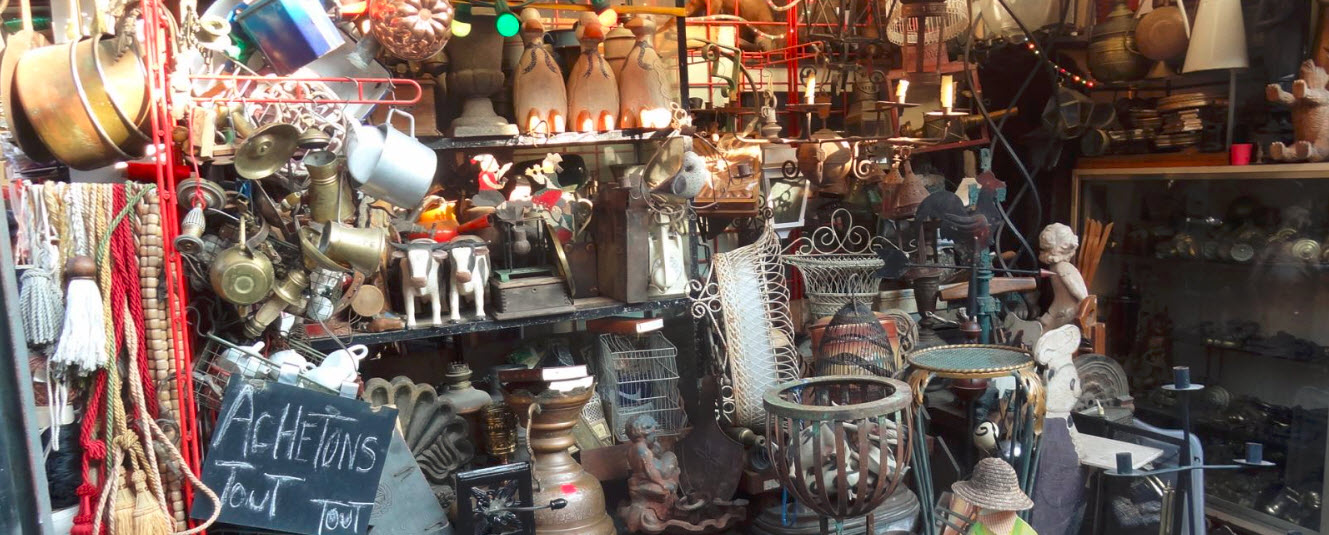In Russian, the word "flea market" has a negative connotation, which cannot be said about French, Dutch and German - the three official languages of Belgium.
In the kingdom of "beer and chocolate", the historically popular French idiom "flea market" (marché aux puces) was replaced by the capacious name "brocante" (brocante, "flea market") for all three adverbs.
Historical fact
It is not known for certain why the people's markets have historically been called "flea markets". According to the most obvious version, in France of the XVII century, Parisians took flea-favored clothes from cellars to the market for sale, which poor peasants bought up on the cheap.
In Belgium of our days, there are no problems with the product range, of course, but given the energy crisis, not everyone has enough money to purchase it. According to statistics, in a country whose capital, Brussels, is the administrative center of the European Union, at least 11.8% of underage children grow up in families where both parents are unemployed. Hence the interest in second-hand, which is sold in the price range from one to ten euros.
Let's add to this the "new Europeans", mainly immigrants from Eastern European countries, as well as citizens of the EU's neighboring states, primarily Ukraine (especially today) and Moldova, who are forced to come to Belgium to work, and the social composition of the clientele of the "brocants" is obvious.
Entertainment and business
Belgians go to the flea market not only in order to get rid of unnecessary things and household utensils and get at least some money for it, but also just for fun.
"I put up not for the money, but to unload the cabinets. My daughters are growing up, but I do not know what to do with the junk. And, of course, I would like to earn them a little for new toys. But the most important thing is the festive atmosphere. There are beer and grilled sausages here. And people, of course, who are very curious to look at. After all, Brussels today is a mixture of cultures, representatives of about 180 nationalities live here," says Marie, a Frenchwoman who regularly participates in the "brocants", the mother of four and two-year-old girls, who recently purchased a house in Brussels for almost a million euros.
A pensioner named Pierre from the French-speaking Belgian Wallonia tries not to miss any of the most visited flea markets in Belgium. In spring, summer and autumn they are held outdoors almost every Saturday and Sunday in different cities of the kingdom.
"I have a pension of a little more than 900 euros. At the same time, you have to pay for an apartment, light, heating, medical and car insurance. There is, finally. Therefore, an increase of 500-700 euros per month is vital for me," says our interlocutor.
There was a time…
Ten years ago, the Belgian "brocants" were a genuine Klondike for antique dealers. They even specially came to Belgium for him from France, the Netherlands, Germany and the UK, because real treasures were sold at flea markets, with which the heirs of wealthy grandparents parted for pennies, thus clearing the apartments and houses they inherited from junk.
A certain Brussels antiquarian was incredibly lucky, who bought a Rembrandt sketch for two euros at one of the "brocants", which was then sold at auction for almost a million euros.
Today, antique "brocants" have practically become the property of history due to the lack of goods, and the income of 200 euros per day is only a memory. People have become picky, and before being exhibited at a flea market, they carry heirlooms and valuables to auctions or find out their approximate cost on the Internet.
The largest antique "brocant" of Belgium is held annually in the village of Temploux in Wallonia, where up to a thousand sellers from Belgium and neighboring countries exhibit their belongings on streets with a total length of six kilometers.
Especially popular is the Brussels antique market on the Jeu de Balle square, which is included in tourist guides as a tourist attraction and which is especially popular with tourists from China and Japan today. But the Russians have not bypassed it before.
Digging through the book ruins on the antique "brocant" of Brussels, the author of these lines "dug up" the newspaper "Matin" for 1918 with an article about the execution of Nicholas II and his family. The price is 20 cents.


